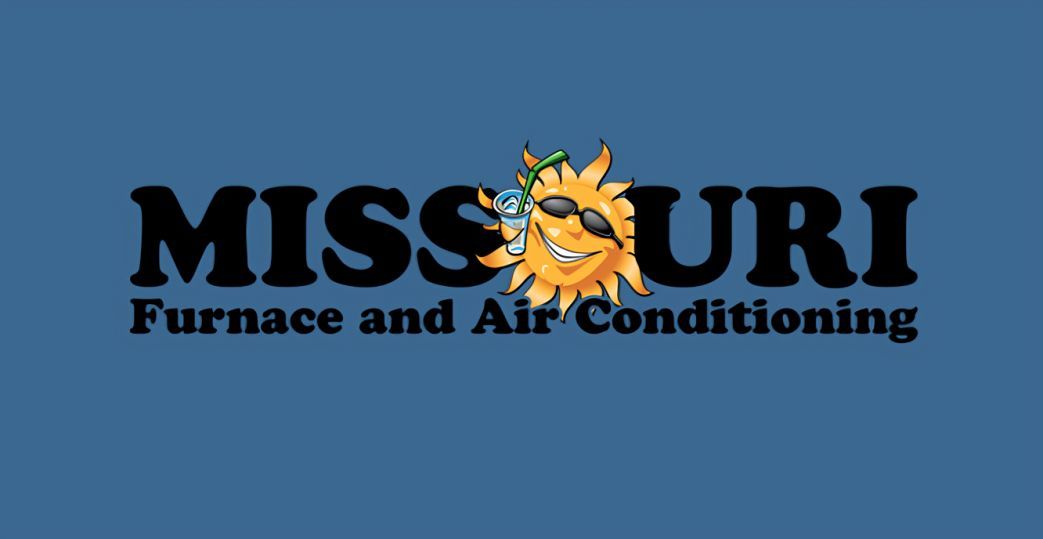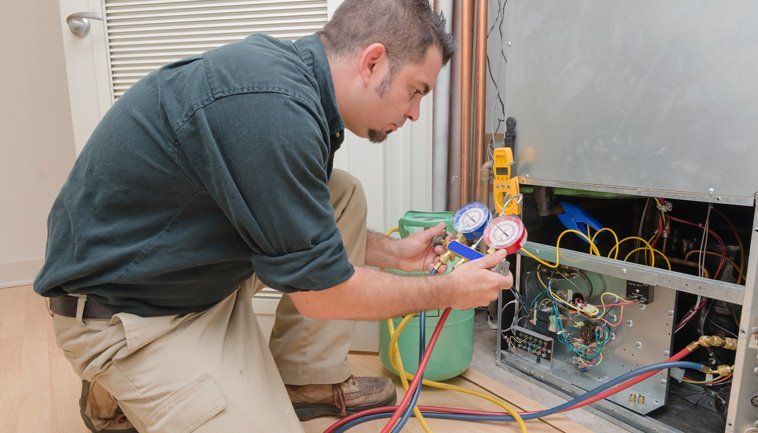Blog Layout
How to maintain a healthy heating & cooling system
Admin • August 31, 2022

Can you survive without your cooling system in summers?
Majority of us take our heating and cooling system for granted. Why? That’s because it’s a need, our want! We expect our air-conditioners to cool us in summers and supply warm temperatures in winters.

HVAC (Heating, Ventilation and Air Conditioning) systems require a control system to control and manage the process of heating and/or cooling system.
Generally the system works with the help of a sensing gadget which is used to compare the temperature with a target state. The control system then decides what to do next. The thermostat basically controls the system which regulates the temperature of the house.
To maintain optimum or desired temperatures you set, the thermostat works to maintain it. 78 degrees is the ideal set point for summers and 68 degrees for winters.
This maintains the quality of air in your home. You should keep a check and maintain your heating/cooling system to avoid any problems with the equipment itself and additional costs. Pre-season checkups are important for good performance.
The following steps should be followed to maintain a good service:
Thermostat set point:
Ensure the thermostat setting to avail the benefits of the cooling and heating system.
Inspection of electrical links for proper torque:
- Inspect all the connections.
- Measure the current and voltage on motors.
- Defected or damaged links can cause insecure function and action to the system. This can shrink the overall life span of the major parts or components of the equipment.
- Lubricate the components at work: Lack of lubrication in the parts cause friction in motors. This thusly increases the measure of power or amount of energy you utilize.
- The condensate drain should be inspected: When the cooling/heating system is on a cooling mode and a drain or pipe is plugged in, it can harm or damage the house, upsetting the levels of humidity indoors.
- Ensure system control: Ensuring the safety and processing of the system is vital. For assurance test the cycle of the equipment so that it turns on, functions well and switches off properly.
Cool Specific System:
The evaporators and condensers of the air conditioners should be cleaned in routine. Dirty coils reduce the ability of the system, causing it to work more and for a longer time. This increases the energy consumption, costs and reduces the overall life of the equipment. The blower components should be cleaned and adjusted for proper airflow. Problems in the airflow can also reduce the efficiency of the system up to 15%.
Heat Specific system:
Ensure all the oil or gas connections, burner combustion, pressures of the gas and heat exchangers and tightly closed. Dirty equipment is less efficient and can increase energy costs, damaging your equipment at the same time. Improper usage of any connection can cause fire.
Browse Our Website
Contact Information
Phone:
Address:
13756 Shoreline Dr. Earth City, Mo 63045
Office Hours:
- Mon - Fri
- -
- Sat - Sun
- Closed
24/7 Emergency HVAC Services
Content, including images, displayed on this website is protected by copyright laws. Downloading, republication, retransmission or reproduction of content on this website is strictly prohibited. Terms of Use
| Privacy Policy
